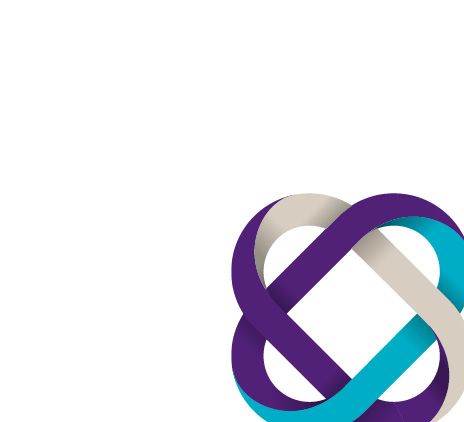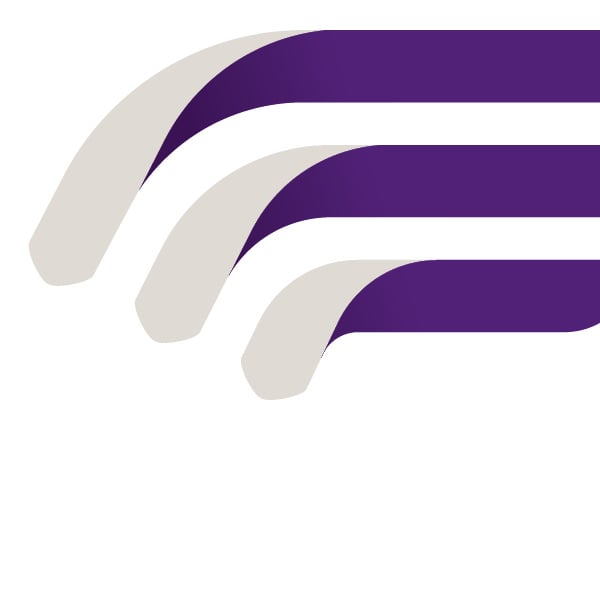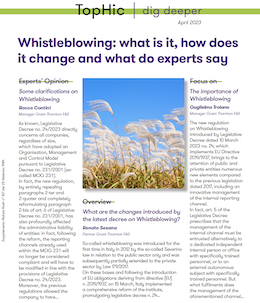-
Transactional advisory services
Find out more about the transactional advisory services of Grant Thornton Financial Advisory Services
-
Valuations
Find out more about the valuations services of Grant Thornton Financial Advisory Services
-
Mergers and acquisitions
Find out more about the merger and acquisition services of Grant Thornton Financial Advisory Services
-
Forensic and investigation services
Find out more about the forensic and investigation services of Grant Thornton Financial Advisory Services
-
Recovery & reorganisation
Find out more about the Recovery & reorganisation services of Grant Thornton Financial Advisory Services
-
Business risk services
Find out more about the business risk services of Grant Thornton Financial Advisory Services
-
Business consulting
Find out more about the business consulting services of Grant Thornton Financial Advisory Services
-
Capital market
Capital market
-
Corporate and business tax
Find out more about our corporate and business tax services.
-
Direct international tax
Find out more about our direct international tax services.
-
Global mobility services
Find out more about our global mobility services.
-
Indirect international tax
Find out more about our indirect international tax services.
-
Transfer pricing
Find out more about our transfer pricing services.
-
Litigation
Our lawyers and accountants can manage all defense measures provided not only by the Italian law, but also by EU regulations and conventions
-
Family business
Find out more about our Family business services.
-
Legal
The client can be assisted in every need and with the same care both on important operations or disputes and on simple matters

-
Back office outsourcing
Find out more about our Back office outsourcing services
-
Business process outsourcing
Find out more about our business process outsourcing services.
-
Compilation of financial statements
Find out more about our compilation of financial statements services.
-
Tax compliance
Find out more about our tax compliance services.
-
Electronic invoicing
Find out more about our electronic invoicing services
-
Electronic storage
Electronic storage is an archiving procedure that guarantees the legal validity of a digitally stored electronic document
-
Revaluation of corporate assets
Find out your civil and fiscal revaluation of tangible, intangible and financial assets
-
Human resources consulting
Find out more about our human resources consulting services.
-
Payroll
Find out more about our payroll services.
-
HR News
HR News the monthly information newsletter by Grant Thornton HR
-
Cybersecurity
GT Digital helps clients structure information security management internal functions, also through partially or totally outsourced functions
-
Agile and Programme Management
GT Digital provides support in the adoption and implementation of different portfolio management
-
Robotic Process Automation
Our “BOT Farm” can rely on digital workers able to help clients in routine activities, allowing employees to deal with more added-value activities
-
Data strategy and management
GT Digital can support clients in seizing the opportunities offered by Big Data, from the definition of strategies to the implementation of systems
-
Enterprise Resource Planning
We support clients in selecting the most appropriate ERP System according to their specific needs, helping them also understand licensing models
-
IT strategy
GT Digital supports clients in making strategic choices, identifying innovation opportunities, comparing themselves with competitors
-
IT service management
We can support with software selection and with the implementation of dedicated tools for the management of ICT processes
-
DORA and NIS 2
The entry into force of the DORA Regulation and NIS2 represents a major step towards the creation of a harmonised regulatory framework
The new regulation on Whistleblowing introduced by Legislative Decree dated 10 March 2023 no. 24, which implements EU Directive 2019/1937, brings to the attention of public and private entities numerous new elements compared to the previous legislation dated 2017, including an innovative management of the internal reporting channel.
In fact, art. 5 of the Legislative Decree prescribes that the management of the internal channel must be entrusted alternatively to a dedicated independent internal person or office with specifically trained personnel, or to an external autonomous subject with specifically trained personnel.
But what fulfilments does the management of the aforementioned channel exactly involve?
First of all, whoever manages such channel will have the responsibility to notify the whistleblower of the receipt of the report, within the term of seven days from the date of receipt.
The manager of the reporting channel will also have to maintain the communications with the whistleblower and possibly request for integrations where necessary.
The manager of the reporting channel will also have the responsibility to follow up on the reports received and provide with feedback within a time frame specifically defined by the Legislative Decree, i.e., three months from the date of notification of receipt or, lacking such notice, within three months from the end of the seven-day term after the presentation of the report.
Lastly, clear information on the channel, procedures and conditions for making internal reports must be made available at the workplace and on the organisation's website.
Beyond what is indicated in art. 5, it should be noted that the specifically trained personnel responsible for managing the channel must also be ready to comply with the provisions regarding the processing of personal data. Therefore, personal data that are clearly not useful for processing the report should not be collected (or immediately deleted if they are accidentally collected). At the same time, the confidentiality of the reporting person must be guaranteed, also through encryption tools, and the documentation relating to the report must not be kept for a period of time exceeding five years starting from the communication of the final outcome of the specific procedure.
It should be noted that the legislation provides for the possibility of sharing the internal channel and its relative management but only for municipalities other than provincial capitals and private subjects who employed an average number of subordinate workers under permanent or fixed-term contracts not exceeding two hundred and forty-nine in the last year.
Art. 5 of the Legislative Decree also provides for the possibility to outsource the management of the internal channel. The choice of the Legislator to provide for specific and rigorous fulfilments – mentioned above – for the correct management of the channel leads, as a logical consequence, to an increase in the organizational and management costs for the recipients of the new legislation.
Therefore, the possibility to outsource the management of the internal channel could play an important role in relieving organizations from the operational phase of receiving reports as well as from the compliance with the additional obligations provided.
The external person in charge will therefore be able to guarantee a timely management of the reports by following the methods and times required by the Legislative Decree under analysis, accurately observe the provisions on the correct processing of personal data, as well as contribute to creating trust in the subjects involved, having the maximum operational autonomy as required by law.
This last aspect, which is essential to avoid the risk of conflict of interest with potential economic and reputational consequences for organisations, requires a clarification of what is meant by "autonomous subject" in relation to the possibility of outsourcing the internal channel.
In this sense, it must be understood as an independent subject with respect to the operational functions of the organization, therefore unrelated to any hierarchical dependence on the same.
Given the above, a peculiar aspect of the regulation is that it is focused on the protection of reports concerning crimes – meant as violations of rules - of public interest.
This element automatically makes it possible to distinguish this reporting system from other and different systems aimed at protecting people reporting offenses that are not of public interest.
Consider, for example, the reports concerning violations of the organization and management model (MOG) pursuant to Legislative Decree no. 231/2001: it is no coincidence that the Whistleblowing discipline does not allow external reports to be made for such offenses, when relating to companies with less than 50 employees.
Given the above analysis, it is important to underline that the entry into force of Legislative Decree no. 24/2023 will not repeal - and therefore will leave open - other reporting systems concerning specific sectors. In the specific case, this is the system for reporting offenses falling within anti-corruption and public contracts under Legislative Decree no. 50/2016 and subsequent amendments. With this regard, since 6 June 2022, the "Modulo Unico Informatizzato di Segnalazione” (single computerized reporting form) has been the exclusive reporting channel to ANAC.
The same applies to the reporting of suspicious transactions for anti-money laundering purposes. In this sense, the Whistleblowing legislation does not affect the reporting system provided under Legislative Decree no. 231/2007.

